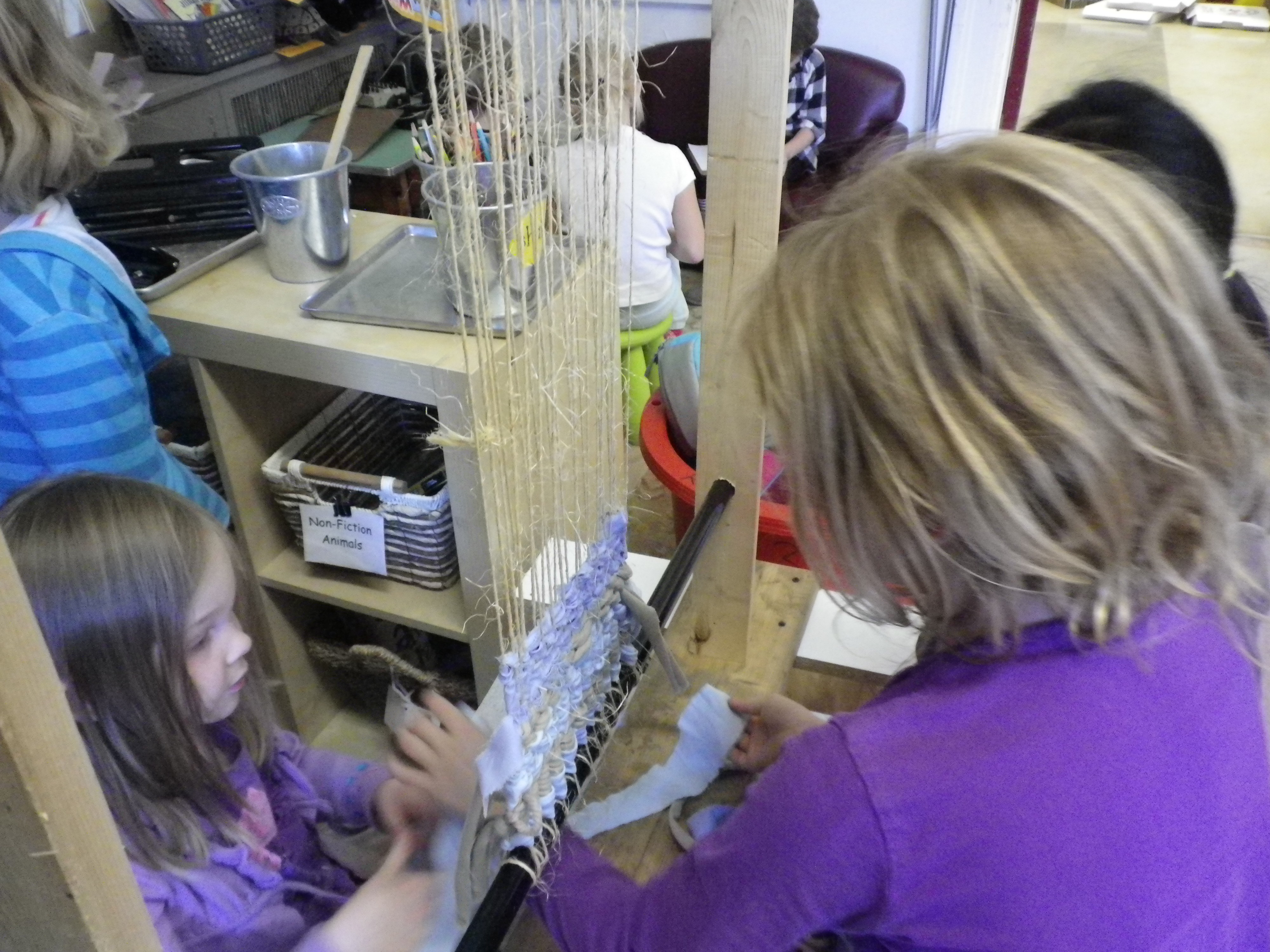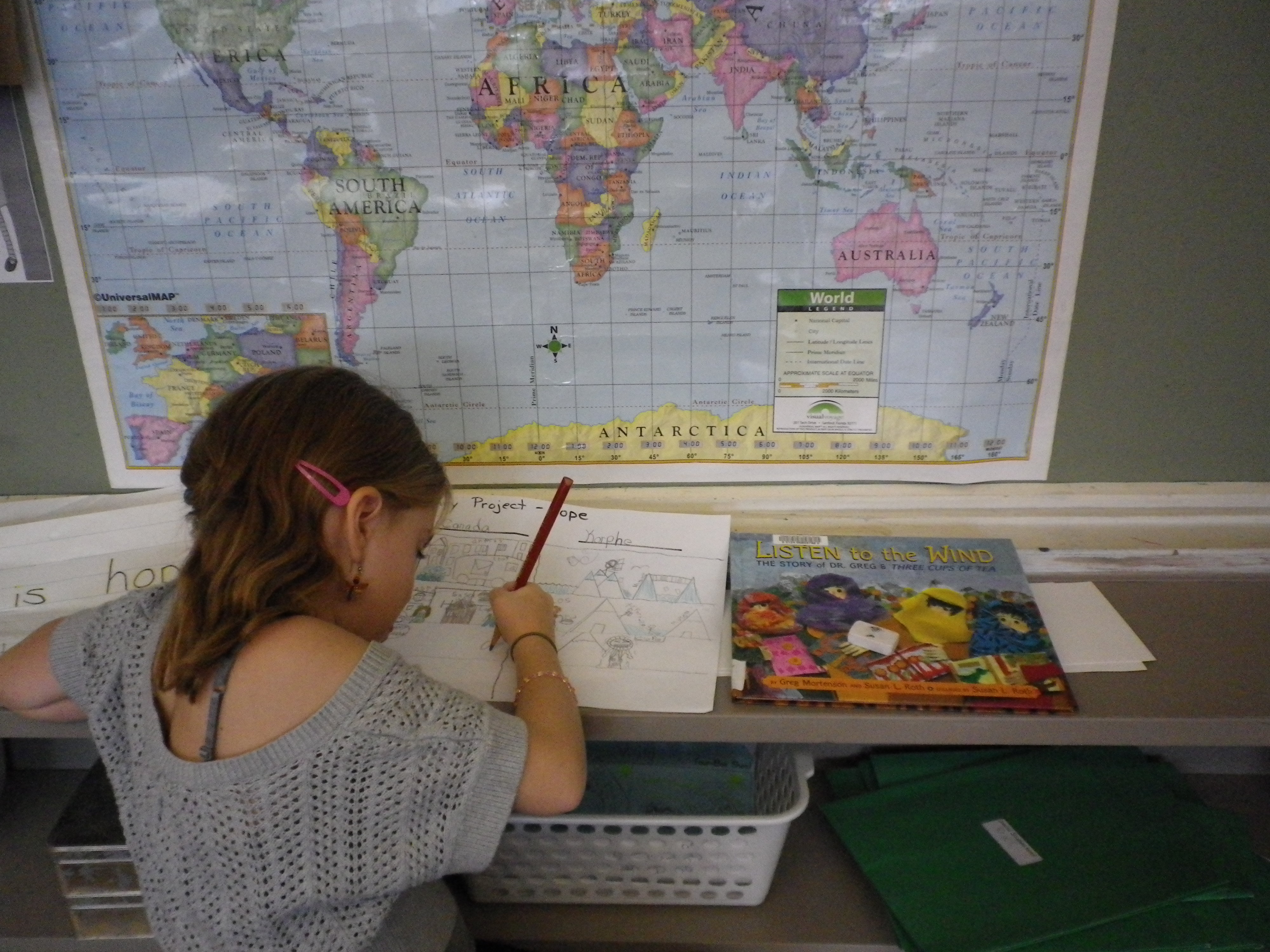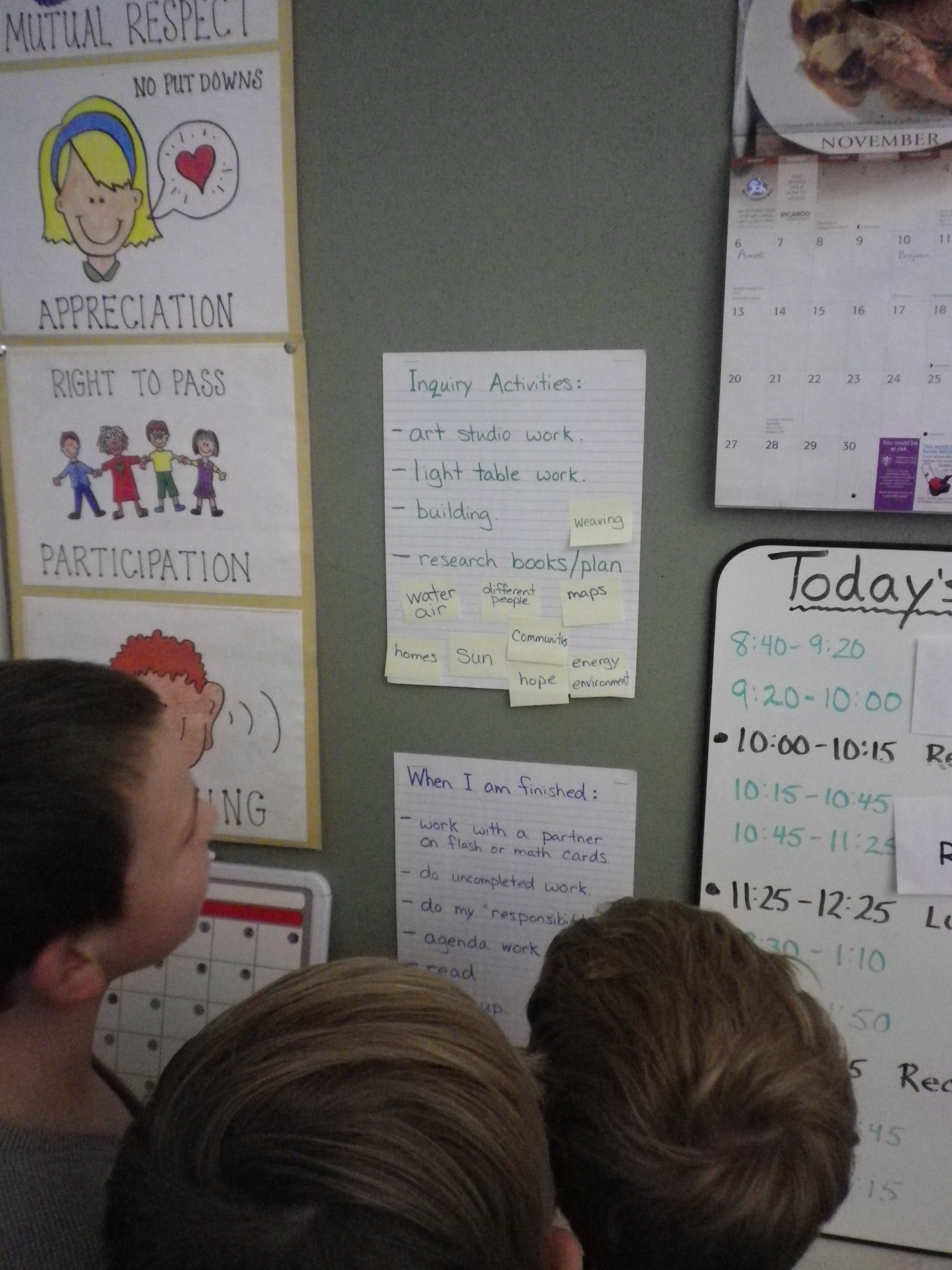Parent teacher interviews are definitely one of the things that I love about my job.
To date, I have spent 7 hours a day, for 53 consecutive days (excluding weekends and P.A. days) with these little young people and during parent teacher interviews, I get to speak at depth (at greater depth than telephone interviews and letters home) with the people who spend all that other time with them, and share all of the students’ gains and struggles that we have had in class.
Parent teacher interviews allow me to look at each student as the unique individuals that they are. Often in my teaching, I am focussed on my teaching practices, getting the students to a ‘Level 4’ and looking at what they are not doing, and what I need to do to get them where I want them to be. This is an expected aspect of teaching, but meeting with the parents provides me with perspective and reassurance of how much we have already accomplished together.
I am finding that Grade 1 is a very rewarding grade to teach. I am amazed at the progress my students have made. ‘Johnny didn’t want to write at all in September and is now writing consonant sounds?’ That’s a big gain.’ Liza didn’t seem to understand at all when we were learning our word families, and is now printing initial and final sounds during her spelling tests…even though she got one out of ten words correct?’… ‘That’s a lot of progress for someone I was concerned about when I first did my diagnostic tests at the beginning of the year’…’ Oh, and she was born a month and a half premature?’ That makes sense of my developmental concerns that I had that were not mentioned in her file. Let’s monitor that and look into what other resources are available to us.’ ‘Aiden still is having hard time remembering his homework and to hand in letters. Let’s set up more routine at home so that this doesn’t continue to be a problem once grade 6 and big assignments roll around. ‘
Through parent-teacher interviews I also get deeper insights than what were communicated to me through my parent correspondence at the beginning of the year. Parents going through a difficult time, resulting in misbehaviours in the class?, You are seeing the same inattention at home?’ Let’s both monitor it and see if we need to speak with a professional in the future… ‘. Meeting with parents provides me with perspective of what is going on in my students’ lives and that the time that I spend working with them, pushing them to their best IS working. I get to realise how much of a positive impact I am actually having on my students. It’s easy during the day-to-day to feel a little bit frustrated that despite my best efforts to deliver an engaging, memorable lesson, all students don’t seem to carry it over to their work. But after meeting with the parents, and after reflecting on where the students were when they arrived in my classroom (and speaking to the parents about where they were before); looking at where they are now, I realise that each and every one of my students have made gains. Not exclusively academic, but behaviourally and also with respect to their ability to follow routines, socially, and also with their engagement and love of school.
Having parent-teacher interviews affirms the work that I am doing with my students in the classroom, and it also makes me hopeful about the behaviours that we need to correct at school. It serves as a distinct reminder of what I need to revisit or refocus on at school. When teaching a younger grade level teachers have the opportunity (with the cooperation of parents) to instil good habits and practices in young students that will serve them well in life. To me, this is a very optimistic, and rewarding feeling that can easily fall by the wayside when running around gathering materials, resources, integrating and staying on top of student progress… all of it. Parent teacher interviews remind me of how much my students and I have accomplished through our hard work.
As a small aside I would also like to share an encounter that I had with another teacher on the night of parent-teacher interviews: A teacher and I were chatting in the staff room, and she shared that an exasperated student looked at her and said “teachers have it so easy, they don’t have to do all the hard work… it’s us (the students) that do!”. We laughed knowing that three times the hard work goes into our preparations for their tasks, and yet in their smaller worlds, their work IS the hard work. The bottom line from that conversation is that we have ALL worked hard. The conversation also gave me some perspective,… maybe that I need to reward my students’ hard work a little more often: free time, a movie, some extra DPA outside,… after all, each and every one of us are all working hard and all work and no play isn’t good for any one of us. Another one of my goals this year will be to make a greater effort to celebrate my students’ successes.
My tip to fellow beginning teachers out there is to try to be less anxious about parent-teacher interviews, and use that valuable time to reflect on how well you actually know your students, how much you have learned from your parent-teacher meeting and how much you have accomplished in 53 days. Remember to save the good representations of the students’ work, their struggles and their gains, and what you’ve both accomplished, and your ability to speak to it will often speak for itself.






